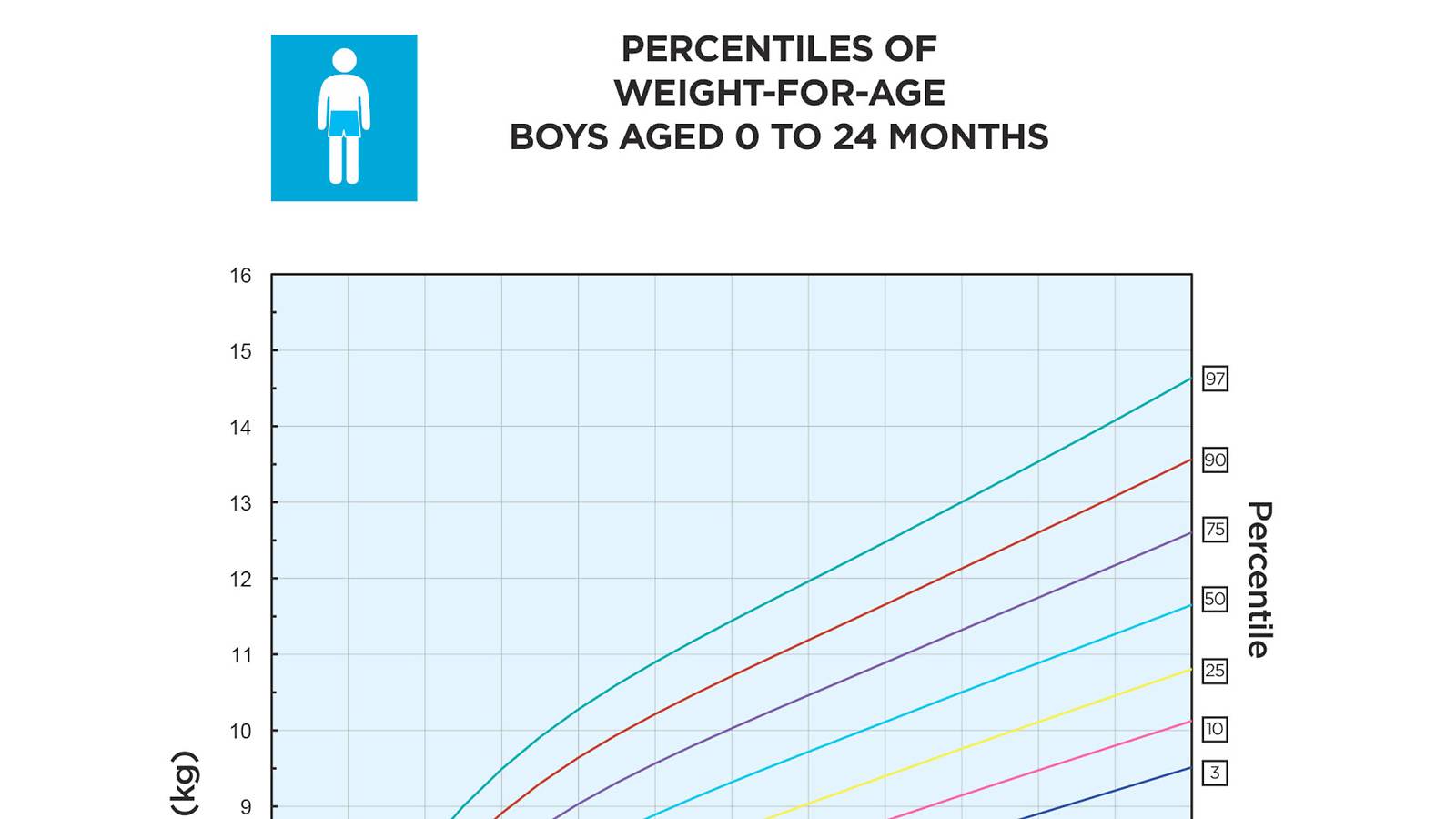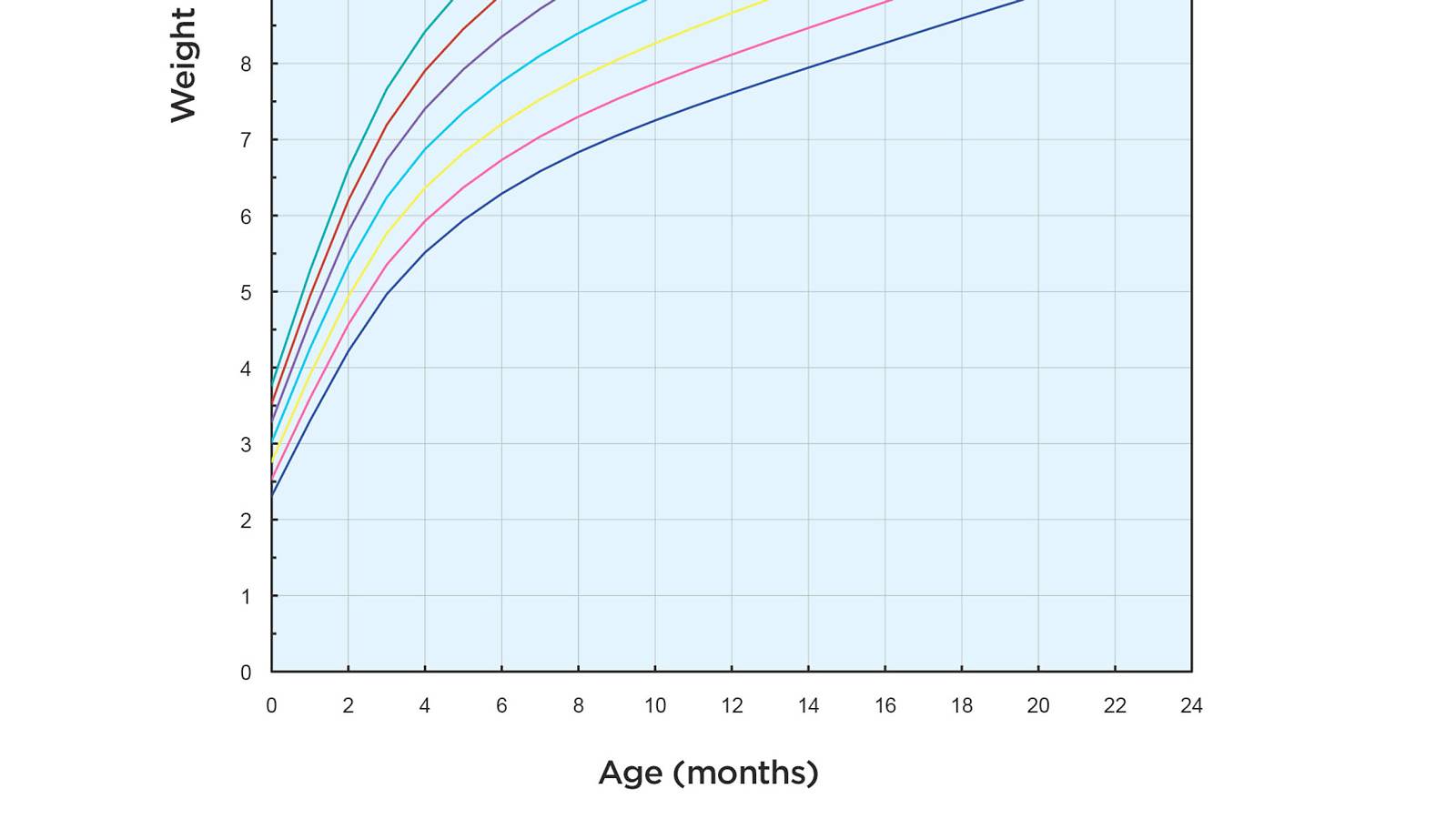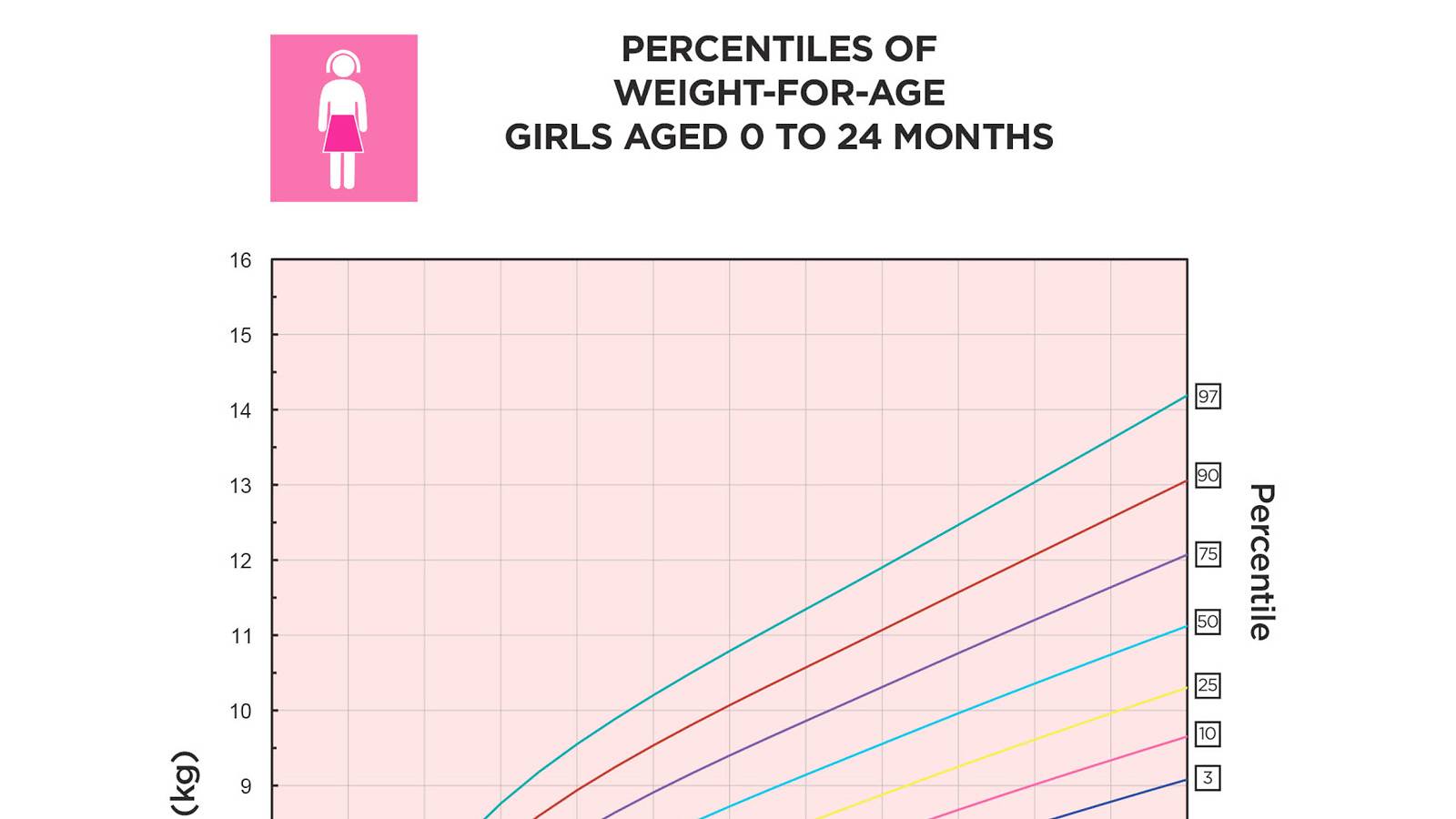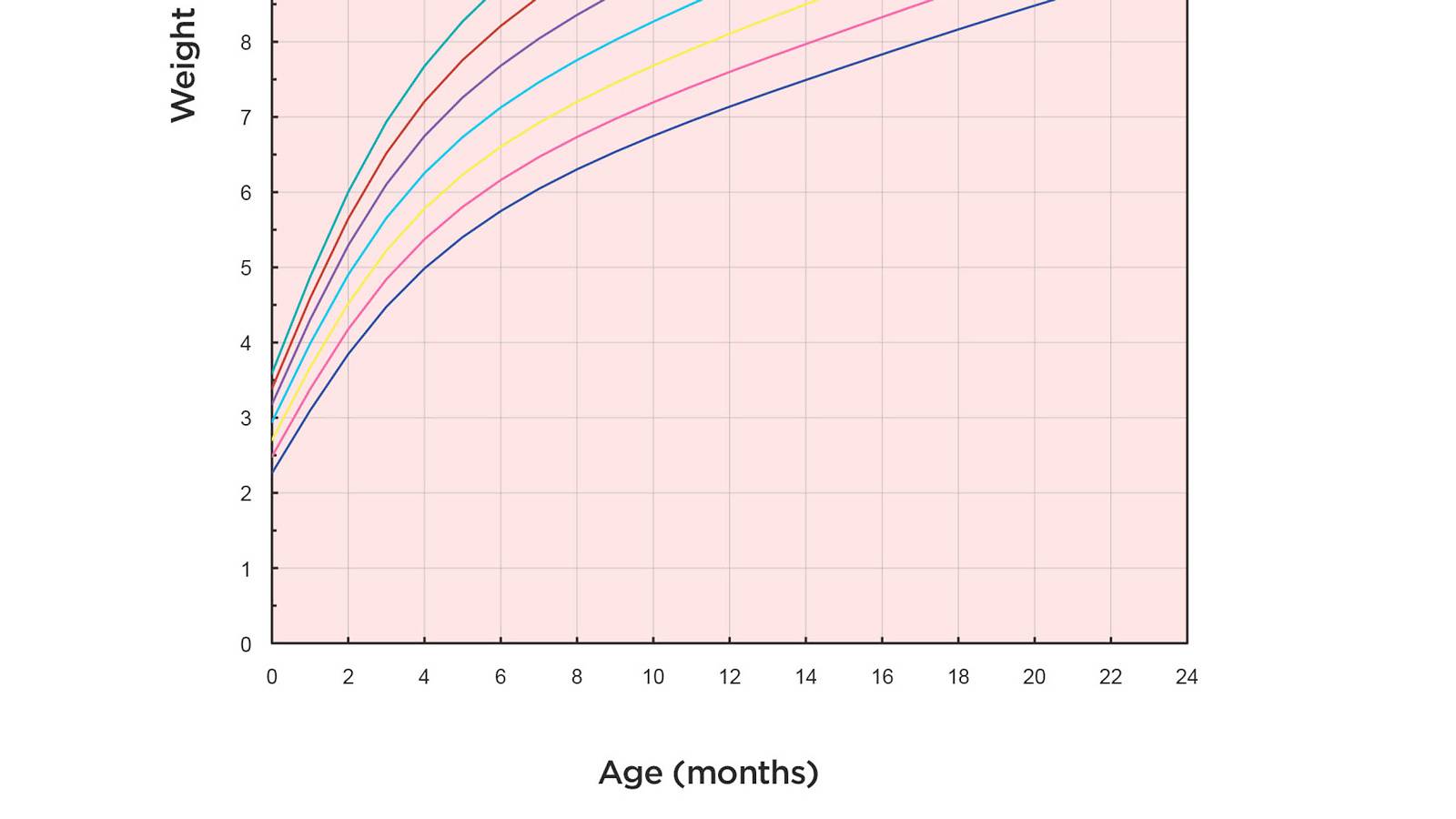Wondering why your little one is gaining weight very slowly? Find out what the possible “culprits” are.

As new parents, you’ll be constantly on the lookout that your child is in the pink of health and developing well. A key sign to watch out is your baby’s weight.
The team at Thomson Parentcraft Centre points out that babies should continue to gain weight quickly for the first 4 months of their life. “Your baby should be gaining at least 20 to 30 grams of body weight per day and 0.5 to 1kg per month.”
You can expect their body weight to go through the following changes, thereafter:
- After 4 months, their weight gain falls and stabilises at about 450g per month.
- At 6 months, they should be gaining 105g to 147g per week.
- At between 6 and 12 months, they should gain 70 to 91g per week.
- By the first year, your child should be at least triple his birth weight.
These numbers are to give you an idea just how much weight your child should be gaining and shouldn’t be seen as a hard and fast rule, the Thomson Parentcraft Centre team stresses. “Pay attention to the information provided in your baby’s health booklet instead.”
Follow the weight-for-age charts in the booklet, which should be your guide as to how much weight your little one should be gaining.




At birth, your child will be weighed and assigned a category according to how their birth weight compares to their peers. For instance, if your daughter weighs a little over 2kg at birth, she will be grouped under the 3rd percentile line. Another newborn who weighs close to 4kg, belongs to the 97th percentile line.
During the subsequent months of your baby’s life, her body weight shouldn’t fall too drastically below or rise too quickly above her percentile group, in order for her to be considered as healthy.
The team at Thomson Parentcraft Centre points out that while the majority of babies have no problems gaining weight. They have come across cases where infants experience a slow gain or drop in bodyweight. “For such cases, we will usually advise the parent to come and see the doctor, to get a thorough assessment to spot and resolve any potential health issues.”
By the first year, your child should at least be triple his birth weight.
The team at Thomson Parentcraft Centre shares possible reasons why your baby is not gaining weight:
1) Lactose intolerance
PROBLEM Lactose is the main form of sugar found in all forms of milk — breastmilk, formula milk and animal milk. It is also an important source of carbohydrates for your infant. However, because of your child’s sensitive gut flora or for genetic reasons, bubba isn’t able to stomach these sugars. Some of the symptoms of lactose intolerance include loose watery stools that are green or yellow in colour, flatulence, noisy bowel sounds and vomiting. These signs usually occur from a few minutes to a few hours after having milk. This is a rare genetic congenital condition.
Most cases appear at 2 to 3 years old when the body slowly decreases the production of lactase, an enzyme to break down lactose. Acquired lactose intolerance, which can appear at any age, is a temporary condition that follows a viral infection, food intolerance/allergy or celiac disease.
SOLUTION Your paediatrician may advise you to avoid feeding your baby any dairy products containing lactose and replace them with lactose-free products. However, when your little one grows, they will need to take supplements to load up on nutrients such as calcium in dairy products.
2) Tongue tie
PROBLEM Also referred to as ankyloglossia, a tongue tie is an abnormal structure of the lingual frenum — a strip of skin connecting your infant’s tongue to the floor of their mouth. A normal frenum is elastic and does not interfere with the movement of the tongue when bubba sucks, eats or clears food off their teeth. When the strip of skin is short, thick, tight or broad, it affects their ability to speak and feed.
SOLUTION Minor surgery will usually be carried out to correct your child’s tongue tie. In addition, a speech pathologist will also correct any speech and language issues after the surgery.

3) Cleft lip or palate
PROBLEM A cleft palate and cleft lip are among the most common birth defects, which affects your baby’s ability to feed properly at the breast. The lip and palate must work together to create the suction necessary to pull milk from the breast. With a cleft palate, milk may flow into their nasal passages, choking them while they are feeding.
SOLUTION Babies with only a cleft lip may have a better chance of breastfeeding successfully. A nursing mother may be able to use her hand to close the hole in order to create a seal while her baby is feeding. However, if the gap is too big, surgery will be required to correct the defect. Surgery for cleft palate babies has to be carried out within the first or second year of the infant’s life.
4) Ineffective latch
PROBLEM New mums are often mistaken that the length of each nursing session indicates the level of their success at breastfeeding. “Some mothers will allow their child to stay latched for up to an hour or more because their friends tell them it’s a good sign the baby is feeding properly — this is incorrect.” In fact, your child should have enough if their nursing session lasts anything from 20 minutes and up to 45 minutes.
SOLUTION Check that you are following the correct steps to get an effective latch. You should also observe your babies to see if they are feeding properly. They should appear to be alert and active when they are awake and have a satisfied look after they’re fed. Your breasts should also feel lighter and softer than before you breastfed your baby.
“Some mothers will allow their child to stay latched for up to an hour or more because their friends tell them it’s a good sign the baby is feeding properly — this is incorrect.”
5) Feeding your child poor quality solids
PROBLEM While it’s convenient to freeze your little one’s food and reheat them before mealtime, it can destroy a lot of its nutritional properties. What’s more, reheated food often do not look as appetising as fresh foods. Otherwise, some parents may follow trends and change their child’s diets unnecessarily. Changes such as embarking on a vegan or gluten-free diet, especially when it isn’t needed, can do more harm than good.
SOLUTION Try to prepare your child’s food from scratch instead of storing them in the freezer for extended periods of time. Avoid making unnecessary changes to your baby’s meals — a balanced diet is the best way to ensure that they stay healthy.
6) Lack of appetite
PROBLEM This usually results from a vicious cycle of not feeding your baby enough milk. Some parents reduce the amount of milk they give to their child because they fear their infant will gain too much weight. “What happens is that their child’s appetite shrinks over time to accommodate the lack of food.”
SOLUTION Gradually increasing the amount of milk your child takes over the course of a month can help to boost weight gain. If this doesn’t help your child’s condition, consult your paediatrician or lactation consultant immediately. For formula-fed babies, you should follow the recommended servings on the tin.
7) When you’re diluting your baby’s formula milk with too much water
PROBLEM You or your baby's caregiver may dilute your child’s formula milk because you believe it to be too “heaty” for baby. Too much water in your baby’s milk can cause it to lose its nutritional value.
SOLUTION The belief that your child’s formula milk may be too “heaty” is unfounded. “The formula has already been altered, so that it’s just right for your child’s body.” So, make sure you and your loved ones are following the formula milk instructions.
8) Stress
PROBLEM Stress can stop the bodies of mothers who are exclusively breastfeeding their newborns from producing milk abruptly. “I’ve had patients who report going from breastfeeding normally one day and immediately producing no milk the very next day — it has happened before as a result of traumatic experiences.”
SOLUTION If house chores are a major source of stress for you, then try to delegate and involve your loved ones or ask your hubby to do things around the house. Don’t forget to also include some “me-time” in your weekly schedule. It can be as simple as hitting the gym for an hour or heading out to meet your girlfriends.
The best vitamins for baby to gain weight
If your baby isn’t feeding well, vitamins can give them an added boost of nutrition for growth and development. Seek your paediatrician’s advice before starting your little one on any nutritional supplements.
Here’s what you can consider:
- Iron: Given that breast milk contains very little iron, the American Academy of Paediatrics (AAP) recommends that breastfed babies receive an iron supplement. As a guide, the recommend dosage is 1mg of iron for every kilo of body weight, from 4 months of age.
- Vitamin D: This is important for calcium absorption, and supplementation may be required for babies with limited exposure to sunlight. When starting your bub on solids, consider mixing vitamin D drops in purees. You can also add them to formula (ones that don’t already contain vitamin D) or water.
- Vitamin B12: Vitamin B12 supports healthy neurological function, keeps nerve and blood cells healthy (preventing anaemia) and promotes healthy bone development. As this vitamin isn’t present in plant foods, breastfeeding moms who adopt a vegan diet may need to take a dietary supplement containing this. Vitamin B12 may also be found in infant vitamin drops, fortified ready-to-eat cereals and soy milk.
Photos: iStock
Weight-for-age charts adapted from the Health Promotion Board Singapore’s health booklet.
Like us on Facebook and check SmartParents regularly for the latest reads!
In case you missed these stories…
5 reasons why your baby bites while breastfeeding
